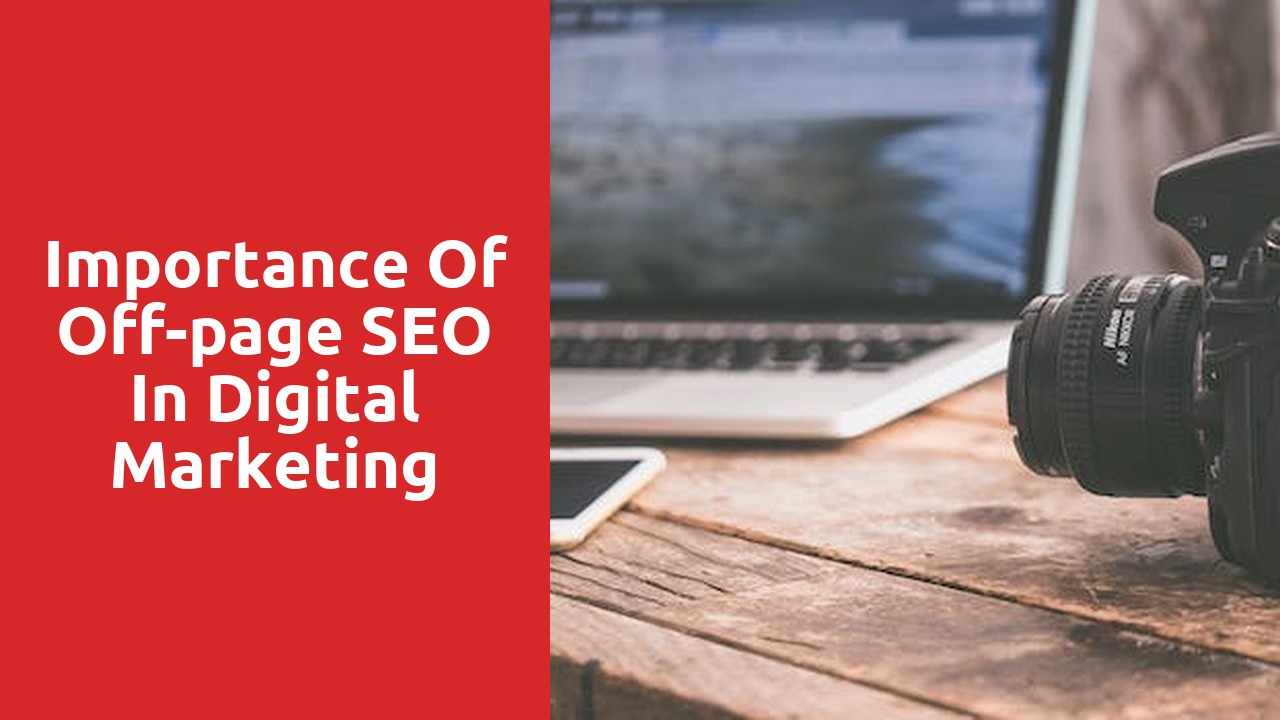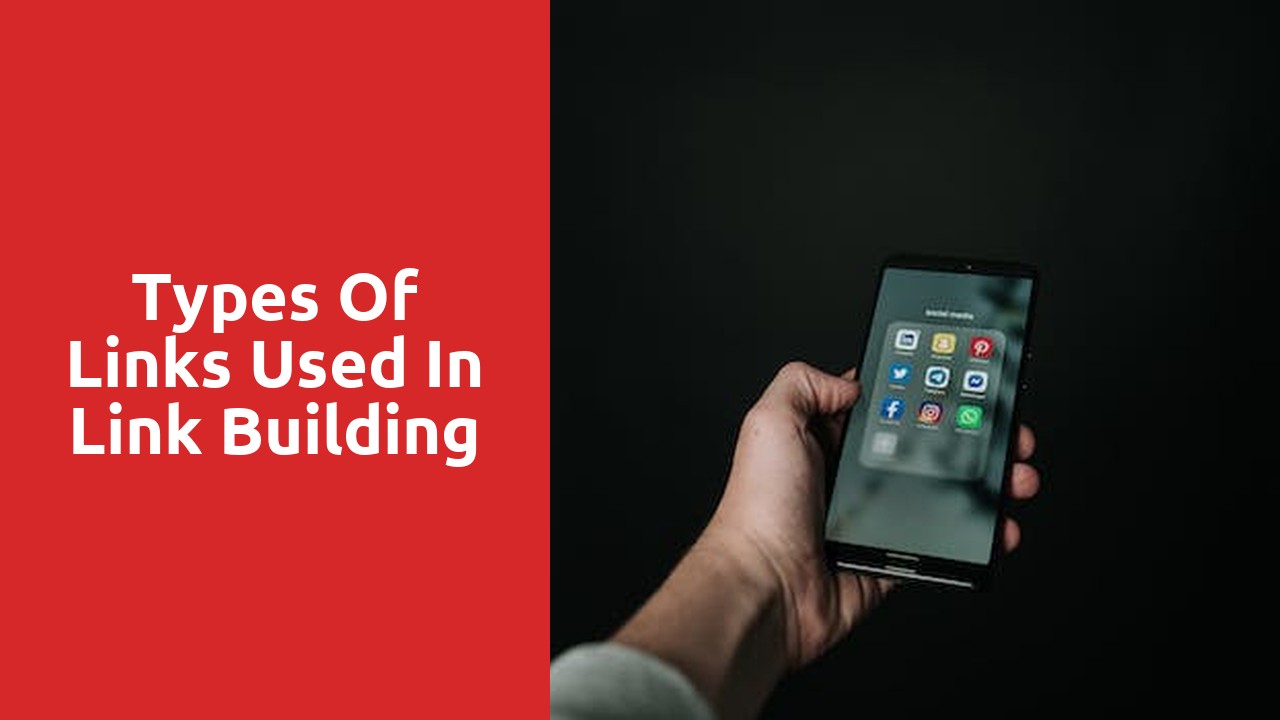The Role of Off-page SEO in Boosting Website Visibility
Off-page SEO plays a vital role in enhancing a website’s visibility and improving its search engine rankings. This type of search engine optimization focuses on optimizing factors outside the website itself, such as backlinks, social media mentions, and online reputation. By strategically leveraging off-page SEO techniques, businesses can ensure that their website gains more visibility, reaches a larger audience, and ultimately drives more organic traffic.
One of the key elements of off-page SEO is building high-quality backlinks. Backlinks act as votes of confidence from other websites, signaling to search engines that your content is valuable and trustworthy. When reputable websites link to your pages, search engines interpret this as a signal that your content is worth displaying to users. However, it is important to note that not all backlinks are equal – quantity alone is not enough. The quality and relevance of the linking websites also matter. Building a strong backlink profile that includes authoritative and relevant websites can significantly boost your website’s visibility and credibility in the eyes of search engines.
Building High-Quality Backlinks: A Key Off-page SEO Strategy
One of the most essential strategies for off-page SEO is building high-quality backlinks. Backlinks are essentially links from other websites that direct users back to your own website. These backlinks are crucial for improving your website’s search engine ranking and visibility.
When it comes to building backlinks, quality is far more important than quantity. While having numerous backlinks may seem beneficial, search engines like Google prioritize the relevance and authority of these links. It’s much more effective to have a few high-quality backlinks from reputable websites rather than a multitude of low-quality ones. High-quality backlinks not only drive more organic traffic to your website but also enhance your website’s credibility, trustworthiness, and perceived authority in the eyes of search engines and users.
Social Media Engagement: Expanding Reach and Driving Traffic
In today’s digital age, social media engagement has become a powerful tool for businesses to expand their reach and drive traffic to their websites. With the increasing number of active social media users across different platforms, businesses have unprecedented opportunities to connect with their target audience and increase brand visibility.
One of the key benefits of social media engagement is the ability to foster meaningful interactions with potential customers. By regularly posting relevant and valuable content, businesses can spark conversations and build relationships with their audience. This not only helps in establishing brand loyalty but also encourages users to share the content with their own network, thereby expanding the reach even further. Additionally, social media platforms provide businesses with the option to target specific demographics and interests, ensuring that the right audience sees their content and increasing the chances of driving traffic to their websites.
Influencer Marketing: Leveraging Authority for Off-page Optimization
In today’s digital landscape, off-page optimization has become a crucial aspect of any successful marketing strategy. And one of the most effective ways to boost your off-page optimization efforts is through influencer marketing. By leveraging the authority and reach of influential individuals in your industry, you can significantly enhance your brand’s visibility and credibility.
Influencer marketing works by partnering with influencers who have a large and engaged following in your target market. These influencers can be bloggers, social media personalities, industry experts, or even celebrities. Their endorsement and promotion of your brand or products can generate a significant buzz, driving more traffic to your website and increasing your brand’s authority in search engine rankings. Furthermore, influencer marketing allows you to tap into their loyal fan base and reach potential customers who may have otherwise been out of your reach. This not only expands your brand’s reach but also helps you establish trust and credibility with your target audience.
Guest Blogging: Establishing Credibility and Gaining Exposure
Guest blogging has become an essential tool for individuals and businesses alike to establish credibility and gain exposure in their respective industries. By contributing valuable content to well-established blogs and websites, guest bloggers can showcase their expertise and knowledge, positioning themselves as trusted authorities in their field. This not only boosts their credibility among their peers but also helps to build a loyal following of readers who are eager to learn from their insights and perspectives.
One of the main advantages of guest blogging is the exposure it provides. By writing for reputable platforms, guest bloggers have the opportunity to reach a wider audience than they would on their own. This increased visibility can lead to greater recognition and brand awareness, allowing them to connect with potential customers, clients, or collaborators. Additionally, guest blogging often includes an author bio or byline that highlights the guest blogger’s background and expertise, providing an additional avenue for exposure and driving traffic back to their own website or blog.
Online Reputation Management: Enhancing Brand Perception
In today’s digital age, a brand’s reputation is more important than ever before. With the vast amount of information available online, consumers have the ability to research and evaluate a company’s reputation with just a few clicks. This is where online reputation management plays a crucial role in enhancing brand perception.
Online reputation management involves actively monitoring and managing the online presence of a brand, with the goal of shaping public perception in a positive way. By proactively addressing any negative feedback or comments that may arise, companies can effectively mitigate potential reputational risks and maintain a positive brand image. This not only helps to build trust and credibility among consumers, but also positions the brand as a reputable and reliable choice in the market.














